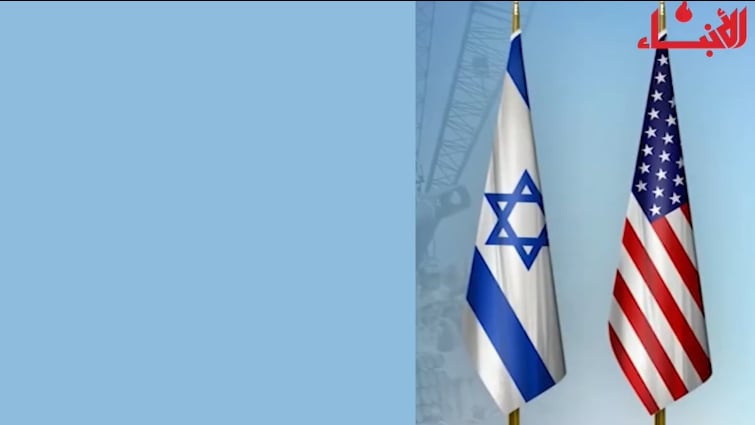By Bel Trew
The cost of the rechargeable fan for sale in a usually cheap shop in Beirut was 1.4 million Lebanese lira. That’s nearly $1,000 (£723) according to the official rate.
Nearly $1,000. On minimum wage, that is more than two month’s worth of salary. For a single bloody fan.
There is nothing special about this fan other than it can work on a rechargeable battery, which is essential now swathes of Beirut have one or two hours of power from the national grid a day.
So, it is in high demand as people swelter in the pitch black in the heat. It’s imported which means it costs whatever dollars cost, which is a lot.
The fan is a just pedestrian example of just how extreme the currency crisis is right now in Lebanon, which according to the World Bank is in the grips of one of the worst economic collapses in recent history. The global body said it was particularly staggering because usually such a brutal contraction is caused by war or conflict and called it a “deliberate depression” blaming the ruling elite.
The Lebanese lira has lost nearly 90 per cent of its value since the start of last year and it keeps tumbling: the black-market exchange rate has sunk to 17,000 lira to the dollar, although it is still pegged officially at 1,500.
In real terms it means a fan costs nearly $1,000 dollars, and food is too expensive for families to afford anymore. (Food prices have more than quadrupled during the last year).
In fact, this week the United Nations’s child agency warned that nearly 80 per cent of families do not have food or money to buy food – in Syrian refugee households that figure reaches 99 per cent.
To put that in perspective Lebanon has the highest number of refugees per capita in the world: there are an estimated 1.5m Syrian refugees in the country of just 6m – as well as tens of thousands of Palestinian refugees. At the start of the year the World Food Programme already put out famine warnings for the country and its neighbour Syria, whose fate is inextricably tied to that of Lebanon.
But it’s not just the cost of food driving despair. The country is suffering from extreme fuel and power shortages. It’s not uncommon to see people sleeping in their cars overnight at petrol stations to wring out the measly drops of fuel left.
In Beirut and other parts of the country, households are getting as little as one hour of power from the main grid. My generator bill for last month when I wasn’t even in country was 1.5 million lira, which is exactly $1,000 on the official exchange (or $90 – £65 – on the black market).
Medicines and imported food are also in short supply. I was asked by one desperate friend to bring in antihistamines for children as they are impossible to find in pharmacies.
The economic crisis is grounded in decades of chronic mismanagement and corruption. It was only exacerbated by the arrival of the coronavirus pandemic which impacted businesses and strangled much needed remittances.
And then in August thousands of tonnes of poorly-stored explosives in Beirut port blew up, killing more than 200 people and destroying swathes of the capital, piling on even more pressure.
Senior political figures including the president knew about the dangerous stockpile but did nothing about it. The government resigned shortly afterwards but the ruling parties have been unable to agree on a new cabinet – and so for the last year the country has been leaderless in its freefall.
One of the questions I’m frequently asked is ‘why should the world care?’
Aside from the very obvious and important humanitarian reasons, despite being a tiny and troubled Mediterranean country, Lebanon is arguably a lynchpin of stability in the region. For the last decade it has been a release valve for neighbouring war-ravaged Syria – a safe haven for refugees, the vast majority of whom now live in extreme poverty and are on the frontline of a looming famine crisis.
The two countries’ economies are inextricably intertwined. Millions, if not billions, of dollars of Syrian money are deposited and now stuck in once-safer Lebanon’s banks which have imposed cripplingly tight restrictions fearing capital flight and the acute hard currency crunch. Lebanon was once Syria’s access to the outside world. But with the dollar crisis that is no longer possible.
Lebanon, which was ravaged by a devastating 15-year civil war between 1975 and 1990, is bitterly divided between (often heavily-armed) religious groups, tensions which only simmer when living gets harder – raising fears of another civil conflict.
That will only further rupture the region, and will no doubt worry Israel to the south, which fought a war with Lebanese militant group Hezbollah in 2006.
Violence is already sporadically erupting. Just a few days ago videos were shared across social media showing Lebanon’s army retreating from the country’s poorest city Tripoli as desperate residents armed with machine guns marched around the centre of the town shooting in the air. The soldiers eventually took back control but the Lebanese army itself is suffering from the economic crisis. Soldiers are also going hungry.
The big question is not why we should care but what we should do. And that is hard one to answer.
The solutions are not immediately clear – but the world should not turn its back on Lebanon. Too much is at stake.





